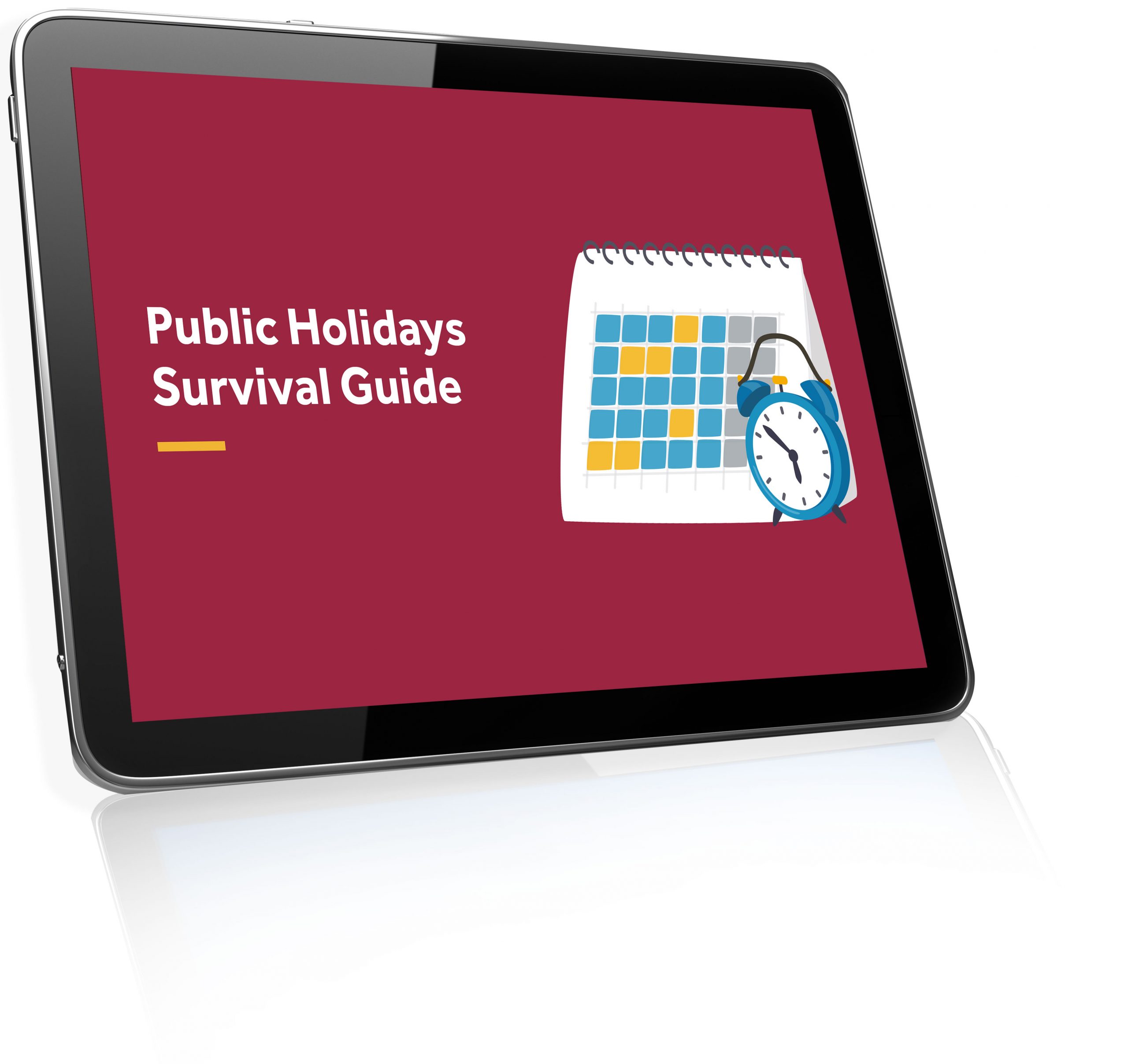
The New Zealand Government has announced the minimum wage is increasing from 1 April 2023.
The minimum wage will rise to $22.70 per hour from 1 April 2023. This is an increase of $1.50 per hour from the current hourly rate of $21.20.
The training and starting-out minimum wages will also both increase to $18.16 per hour, remaining at 80% of the adult minimum wage. This is a rise from the current minimum wage of $16.96 per hour.
The Government will review the rate again later this year.
Eligibility
Minimum wage rates apply to all employees aged 16 years and older who are full-time, part-time, fixed-term, casual, and work from home.
The following employees are exempt from the standards of the Minimum Wage Act 1983:
employees under 16 years (but they are still entitled to other minimum employment rights)
some disabled employees who hold an exemption permit from the minimum wage
inmates of a charitable institution
prisoners working in custody under the Corrections
apprentices who are under any other Act

Public Holiday Survival Guide
Understand how to handle public holidays and entitlements for your employees.
The impact of minimum wage increase
Chris Hipkins has justified the increase as a way to support the communities feeling the financial stress and increasing cost of living. It is keeping in line with inflation and means that a person in full time work on minimum wage who is currently earning about $715 a week will bring in $756 when the increase happens. The Government is putting the cost of living front and centre in its new strategy and support those who struggle the most to make ends meet.
There are growing concerns among the small business community in New Zealand that the wage rise can only make things difficult. Business confidence is low, employers are having trouble keeping their doors open, and finding skilled workers. Wage bills are one of the biggest costs of running a business and while it can benefit employees, the timing of it is critical to businesses and employers.
Business confidence low
The New Zealand Institute of Economic Research (NZIER) released its latest Quarterly Survey of Business Opinion on Tuesday, revealing 73% of businesses fear a looming recession. Businesses have been heavily affected by cost pressures, labour shortages, and supply chain challenges for more than a year.
The labour market was so tight that several businesses and employers are already having to pay more to attract staff and retain existing employees. Certain sectors such as hospitality will need to find different ways to provide services and products to customers at an affordable price.
What should employers do?
Employers need to be prepared for wage increases. These changes impact businesses across all industries and employers. Employers who fail to pay the correct minimum wage may be forced to pay back the full amount of lost wages and a severe penalty.
Be sure to stay informed on the current minimum wage rates for all employees aged 16 years and older. Employsure has worked with 30,000 businesses across Australia and New Zealand supporting them in matters of employment relations and workplace health and safety. You can call our 24/7 Advice Line today to get all your urgent questions answered.
